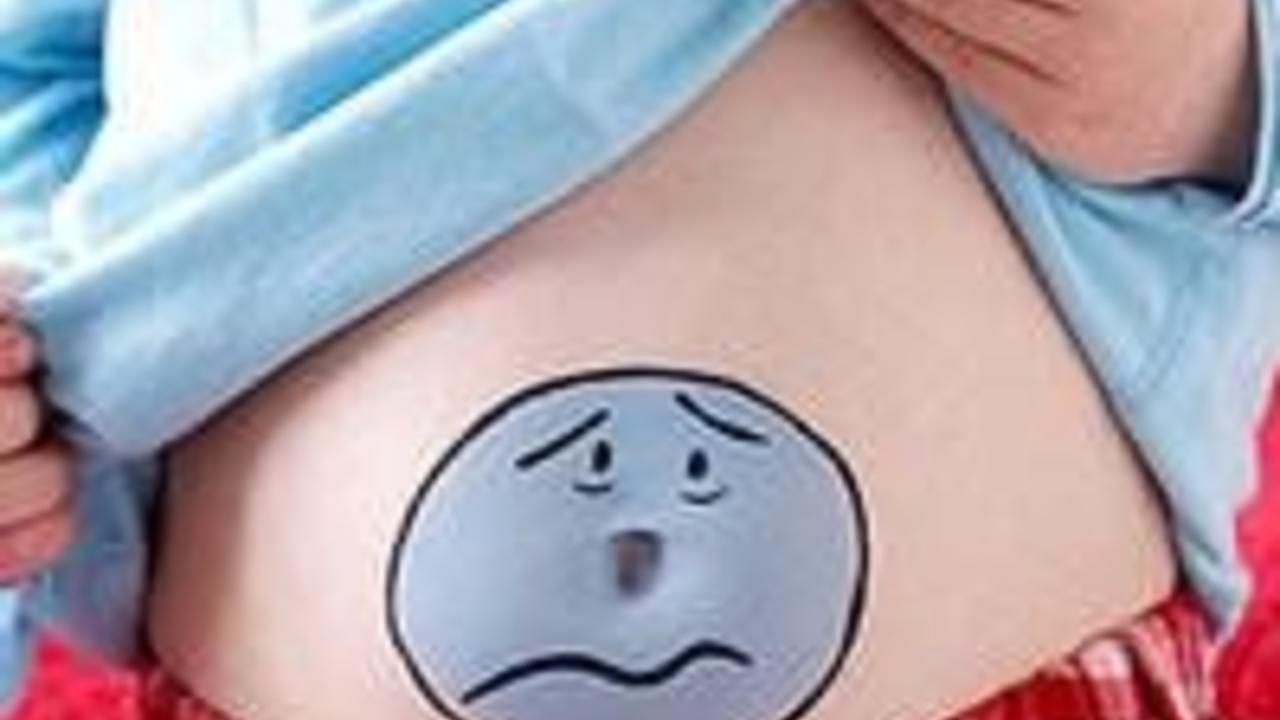TUMMY PAINS; How to tell the difference
Aug 12, 2020
We all have those days when a child complains of a sore tummy. Most of the time we respond with 'have a drink of water', or 'have you been to the toilet?'. Sound advice first up, but every so often there are other signs and symptoms to look out for, that might mean you need to seek further advice from a health practitioner. Here I have listed some of the things to watch out for:
Constipation: 'Do you need to go to the toilet'? A constipated tummy is usually a bloated tummy. Of course, it is easier to decipher this if little one hasn’t been to the toilet in a couple of days, or starts to complain that it's hard to go to the toilet. The most common cause of constipation is dehydration, so make sure they drink a couple of glasses of water, and if it persists seek a healthcare practitioner.
Overeating: Again, this is an obvious one to some. The bloated, stuffed feeling you get when you’ve shovelled too much of the good stuff in. Give it a bit of time, rest, digest.. Maybe even a cup of peppermint tea?
Hunger pains: How long has it been since you at? Remember a child that is growing will have a much higher requirement for food. They burn a lot in the growth process, as well as being more active than most adults.
Food intolerance: This one often comes with the symptoms of constipation or diarrhea, bloating, or sometimes skin rashes, blocked or runny noses. It doesn’t go away overnight, and tends to get worse after a child has eaten food. It's possible that your child's diet will need to be revised, so seek professional help.
Parasites: Not something we really want to think about, but parasites such as pinworms or threadworms, Giardia and Blastocystis are reasonably common in young children. Parasitic infection is usually accompanied by a bloated/ distended tummy, and a change in bowel habits. Worms can cause the itchy bottoms, and giardia is synonymous with bright yellow/orange coloured diarrhea. Quite often your child's behaviour can take a turn for the worse upon infection, due to the disruption in sleep and irritability the infections can bring. If you think your child has as infection, seek professional advice.
Pulled muscles: Has your child just started a gymnastics program? Or perhaps has just discovered the art of handstands, cartwheels or monkey bars? A tummy pain that is caused by a torn muscle will be painful when the child moves their torso. If they are resting or lying down, (no movement) then they should feel no pain. A torn muscle will also be painful to touch. As a first aid measure, an ice pack may help ease the pain, but once again seek professional advice if the pain persists.
Anxiety: My first question to children with tummy pains is " Does it hurt the first thing in the morning, before you even have breakfast?". Stress and anxiety can cause a child to have stomach pains which are constant and gripping in nature. It can sometimes be accompanied by diarhhea, but is often otherwise asymptomatic. Take some notes about when the pain seems to be worse- is it before school? Or before a stressful event? Keep in mind that young children can also have fears or even phobias of completely inadvertent things- so as long as there is no bowel irregularities that go with it, make a 'pain diary' and track the pain patterns. Your child may need to see a counsellor type practitioner to help them wade through their concerns.
At the end of the day, the symptoms of tummy pain can sometimes have a big grey area in between, making it hard to decipher. If you are ever in any doubt, get your child to a healthcare professional for further testing and advice.
Stay connected with news and updates!
Join our mailing list to receive the latest news and updates from our team.
Don't worry, your information will not be shared.
We hate SPAM. We will never sell your information, for any reason.

